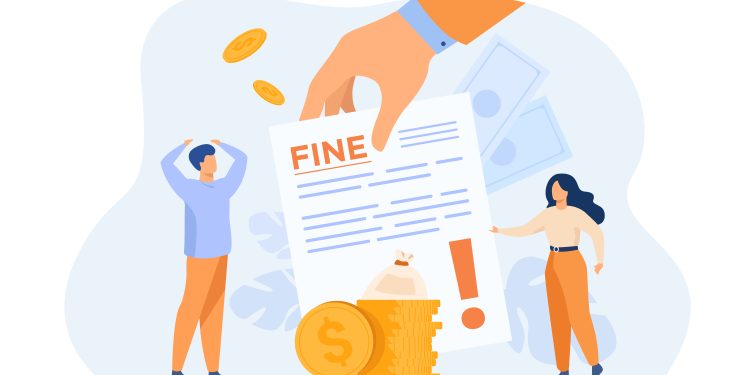In recent years, there has been increasing pressure on banks to reform their overdraft policies. Previously, the Federal Reserve passed legislation that put limits on how and when banks could charge overdraft fees. As a result of this legislation, many banks have changed their policies regarding non-sufficient funds. However, there is still much debate on this topic and it is clear that the issue is far from resolved.
Because it makes for great political sound bites, legislators are firing up the idea of placing price controls on financial institutions again and the fees they charge for overdrafts and non-sufficient funds (NSF) fees. While some banks’ and credit unions’ practices to maximize their fee income through transaction posting strategies is reprehensible, having legislators set pricing usually doesn’t turn out well either. An article in Fortune noted:
Despite more than a dozen major banks recently reducing or outright eliminating overdraft fees, Democratic lawmakers continue to push for legislation that would curb the practice on a national level.
On Tuesday, Rep. Carolyn Maloney (D-NY) and Senators Cory Booker (D-NJ) and Elizabeth Warren (D-MA) renewed their push to restrict overdraft fees through federal legislation. The bills aim to eliminate non-sufficient funds (NSF) fees and limit the number of overdraft fees levied—as well as stipulate that these charges need to be “reasonable.”
“Billions of dollars are being made off of the backs of low-income families who are struggling to make it,” Senator Booker said Tuesday during a press conference. “And so we now have to change this. We have work to do.”
One of the unintended consequences to a federal price control was highlighted:
… while some major banks have implemented [fee] changes, there are critics who contend that restricting overdraft fees could create more challenges than it solves for consumers. Overdraft protection provides bank customers with a viable source of short-term liquidity, and without it, some consumers may be forced to use alternatives like payday loans more often.
Mercator Advisory Group has put some thought around this topic in a recent report: Overdraft Fees at an Inflection Point, Not a Cliff. This research looks at the complex state of overdraft fees and the changes that are occurring.
Overview by Sarah Grotta, Director, Debit and Alternative Products Advisory Service at Mercator Advisory Group











